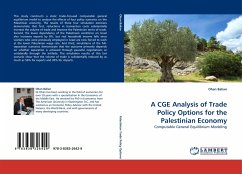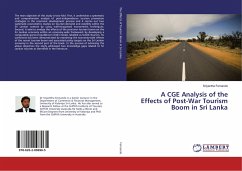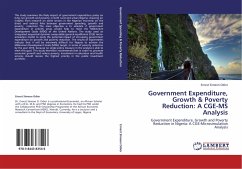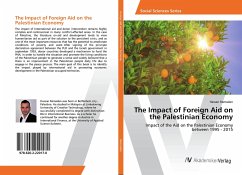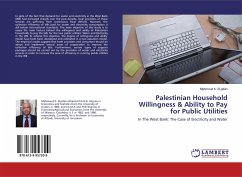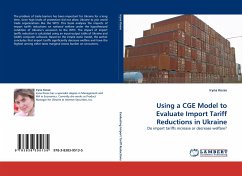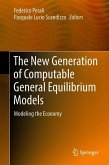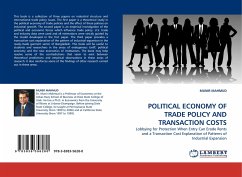This study constructs a static trade focused computable general equilibrium model to analyze the effects of four policy scenarios on the Palestinian economy. The results of these four simulation exercises demonstrate that first, reductions in transaction costs substantially increase the volume of trade and improve the Palestinian terms of trade. Second, the lower dependency of the Palestinian workforce on Israel also increases exports by 8%, but real household income falls since workers who were previously employed in Israel are now forced to work at the lower Palestinian wage rate. And third, simulations of the full-separation scenarios demonstrate that the outcome primarily depends on whether separation is achieved through peaceful negotiations or unilaterally through the Intifada. The simulation results of this last scenario show that the volume of trade is substantially reduced by as much as 56% for exports and 30% for imports.
Hinweis: Dieser Artikel kann nur an eine deutsche Lieferadresse ausgeliefert werden.
Hinweis: Dieser Artikel kann nur an eine deutsche Lieferadresse ausgeliefert werden.

